ABSTRACTS
Through the Digital Doorway: Designing for Humans, by Pamela Kostur, Centennial College
Abstract:
Too often, digital spaces lack a connection to users’ real-world expectations. When users enter a digital space, they are, in effect, walking through a digital doorway. How, as usability professionals, might we reimagine digital spaces as human spaces, applying increased knowledge of users? How can we use what we learn to provide users with more meaningful and relatable experiences once they walk through the digital doorway? This presentation will provide strategies for both teaching and practicing human-centricity, focusing on imagining digital spaces as human spaces, with human beings on the other side of the screen.
Branching Scenarios and Design: Building Different User Experiences,by Joseph Bartolotta, Hofstra University and Tiffany Bourelle, University of New Mexico
Abstract:
In this presentation, we will discuss using Branching Scenarios in online instruction. Whereas instructional design or user-centered scholarship in online writing instruction focuses on instructors controlling the design of a course, Branching Scenarios insist that students become active participants in the design process by selecting which branch they want to explore. To model this approach, we will present a module in a technical communication course where students are provided an assignment that offers choices of rhetorical situations, various discussion boards based on their choices, and small-stakes activities based on their chosen medium for communication. We will also encourage attendees to consider the usability challenges posed by dynamic user experiences in contexts beyond online education.
From Documentation to User Assistance – Pitch Your Skill Set!, by Leonie Saremba, Neptune Software
Abstract:
Technical Communication is a tremendously versatile field of subject matters. Others might say it’s a five-minute job in stating the obvious in text form. Despite its complexity, explaining this field often boils down to simply saying “I do documentation.”
This presentation will focus on a career in User Assistance highlighting its crucial role in enhancing software usability, design, and user experience. We’ll have a closer look at job titles, tasks, organizational structures, and the broader impact of interdisciplinary contributions beyond traditional documentation. Understanding this value, lets you tear down the user experience silos and enables you to adapt to your company-specific setup.
No, you are not just doing documentation – so, start pitching your skill set!
Usability and Design of a Multi-User Virtual Environment for Collaborative Online International Learning,by Yvonne Cleary, University of Limerick, Ireland, Darina Slattery, University of Limerick, Ireland, Bård Ketil Engen, Oslo Metropolitan University, Norway and Tonje Hilde Giæver, Oslo Metropolitan University, Norway
Abstract:
In this presentation, we describe a collaborative online international learning (COIL) project in which graduate students of teacher training, taking a course in multi-modal design, at Oslo Metropolitan University, Norway, worked in teams with graduate students of Technical Communication and E-Learning at the University of Limerick, Ireland. The four teams used Open Simulator, a multi-user virtual environment (MUVE), to collaborate, and they analysed its usability and design for a final presentation. We will describe the MUVE and the project, and outline the key usability and design themes that students perceived. We will conclude with recommendations for future similar projects.
Round Table Discussion – Bridging the Language Gap in 2024: Leveraging Insights for Greater Impact, by Antoine Pezé, Synopsis and Les Gobelins in UX research, Pauline Girardey, Freelance senior UX Researcher & Research Ops (formerly with Publicis Sapient), Katarina Lechner, Legartis, Marie-Aude Sourd-Ramos, Freelance Senior UX/CX Researcher & Mentor; University of Strasbourg
Abstract:
During our round table ‘Bridging the Language Gap in 2024: Leveraging Insights for Greater Impact,’ we will delve into the language barriers within User Experience Research and Business Strategy, particularly how terms like ‘insight’ can be misunderstood and hinder our progress. Our goal is to clarify UXR and Data Science terminology, highlight the dangers of oversimplification by non-experts, and examine how technology is revolutionizing data analysis. This session aims to transform insight management from a linguistic challenge into a significant strategic resource, providing attendees with strategies to enhance the impact of their communication in decision-making processes.
The Unsung Heroes of Product Development: How UX Writers Facilitate the Work of Localization and Documentation Teams, by Katharina Urbantat, InVision AG and Birgit Horn, InVision AG
Abstract:
In the digital era, UX writing crafts user experiences with writing. Behind the scenes, UX writers play a pivotal role in the product development process, facilitating localization and documentation efforts and thus ensuring a consistent and cohesive information experience for users. Our talk will explore the impact of UX writing on product development, showcasing collaborative models and best practices in the context of B2B software companies, and discussing methods to apply these insights in research and product organizations.
Re-Thinking Software-Tooltips for Better Usability, Localization, and User Assistance,by Anton Bollen, TechSmith GmbH
Abstract:
This presentation provides a behind-the-scenes look at a recent project in which a User Assistance department had to factor UX, design and localization into a new approach of delivering help content.
The approach is centered around in-product tooltips, that small informative text that appears within the software when a user hovers over a button or element. These tips had to be reworked, the content needed to be localization friendly and remain easy to update, and the overall solution had to be easy to implement for both the UA-team and the developers.
Join this presentation and learn how User Assistance, UX, Localization, and Product Development teams can work together and use something as little as a tooltip to drive real impact.
The Role of the User in Assessing Quality in Translation, Localization, and Technical Communication, by Leena Salmi, University of Turku and Tiina Tuominen, University of Turku
Abstract:
In our presentation, we will discuss the various approaches to defining quality in the field of translation. Paying particular attention to the user’s perspective on quality, we address the relationship between usability and quality in translation, localization and technical communication. Exploring the position of the user in translation assessment may be informative for localization and technical communication, as it can shed light on the differences between definitions of quality in these three fields which all deal with multilingual and multicultural contexts. We invite the audience to discuss how to form a better shared understanding of user-centeredness as a quality criterion for texts in multilingual and multicultural contexts.
Streamlining Your Message: Optimizing Internal Communication through Standardization, by Birgit Fuhrmann, ZHAW Zurich University of Applied Sciences and Martin Schuler, ZHAW Zurich University of Applied Sciences
Abstract:
Organizations commonly utilize ticketing systems for internal support requests, particularly in ICT support, simplifying the process for end-users but demanding effort from support staff to respond adequately. The goal of this project was to streamline this process. To achieve this, we analyzed email logs to identify the most frequent use cases and then developed standardized text modules for each use case. To ensure comprehensibility and effectiveness of these text modules we conducted a usability test with both end users and support staff. We plan to integrate the text modules into the ticketing system to reduce response time and improve response quality, enhancing communication efficiency and satisfaction for all parties involved.
More than Just Information: Improving the Joy of Use in Explainer Videos, by Louisa Guhl, Flensburg University of Applied Sciences and Lennard Friedrichs, Flensburg University of Applied Sciences
Abstract:
Why is it that explainer videos are often dull and have the focus on delivering information only? Is there a way to create explainer videos that are actually enjoyable?
The goal of a high level of “Joy of Use” aims for viewers to not only absorb information but also to have a pleasant and enriching experience while watching the videos.
Our focus for this presentation is to explore the best methods for crafting a variety of elements, storytelling, and structure of explainer videos to make them engaging and easily comprehensible.
Through an A/B test, we aim to demonstrate the impact of “Joy of Use” elements by selectively removing these elements from an explanatory video. The explainer videos with and without “Joy of Use” elements were then tested on participants, and the results were evaluated using an AttrakDiff questionnaire.
Who Can Afford to be Misled by AI?, by Maximilian Rosin, Freelance technical writer and engineer
Abstract:
Many AI systems do not work. This raises the question why even competent people insist on deploying them in scenarios for which they are entirely unsuited. Using ChatGPT as an example, I use affordance theory to investigate how AI systems mislead people about their capabilities. In particular, I look at how its design and its documentation produces the illusion of general functionality. I then explore ways to mitigate such “false affordances.” At their heart sits the idea of “scope”—a system’s intended use and foreseeable misuse. I demonstrate how a well-defined scope serves both designers and technical communicators in creating honest systems.
Unlocking Usability: Leveraging Knowledge Management to Enhance Technical Documentation, by Isis Arce-Melton, Louisiana Tech University Alumni and Madison D. Brown, Louisiana Tech University
Abstract:
Knowledge Management (KM) is the process of creating, sharing, using, and managing the information and procedures of an organization. In the realm of usability and design, the symbiotic relationship between Knowledge Management (KM) and Technical Documentation is often underestimated. Our presentation will explore this synergy by delving into how KM best practices for life cycle management, organization, and accessibility improve the overall usability and value of technical documentation. By providing a comprehensive understanding of KM’s principles and best practices, this presentation aims to equip attendees with the knowledge and tools needed to bring about transformative, usability changes in their documentation processes.
Optimizing Procedures: The Role of Signaling and Personalization, by Michael Meng, Merseburg University of Applied Sciences and Christian Heckel, Merseburg University of Applied Sciences
Abstract:
Research on the Cognitive Theory of Multimedia Learning (Mayer, 2021) has led to several important principles, such as the Signaling Principle and the Personalization Principle, that can support information designers in optimizing instructional content intended to foster learning. However, it is still an open question whether these principles can also be used to optimize procedural content, i.e., content which typically serves as external memory and is therefore not processed primarily with the intention to learn, but to complete certain tasks. In this talk, we present results of two eye tracking experiments that examined effects of verbal signaling and personalization on how users process and interact with procedural content.
SPEAKERS

Isis Arce-Melton, Louisiana Tech University Alumni
Isis Arce-Melton is a seasoned Project/Task Senior Manager with over 20 years of experience in the government sector, specializing in project, training, and knowledge management. She leads 15 knowledge management programs, developing tailored solutions for robust, sustainable outcomes for government customers. A certified Knowledge Manager and Trainer, she holds an MBA. Besides managing knowledge programs, she also serves as an Executive Industry Partner to Louisiana Tech University.
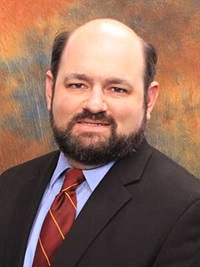
Joseph Bartolotta, Hofstra University
Joseph Bartolotta is an Associate Professor of Writing Studies and Rhetoric at Hofstra University on Long Island, New York. He holds a PhD in Rhetoric & Scientific and Technical Communication from the University of Minnesota. His work appears in journals like Technical Communication Quarterly and Communication Design Quarterly. His work explores the intersection of usability and instructional design.
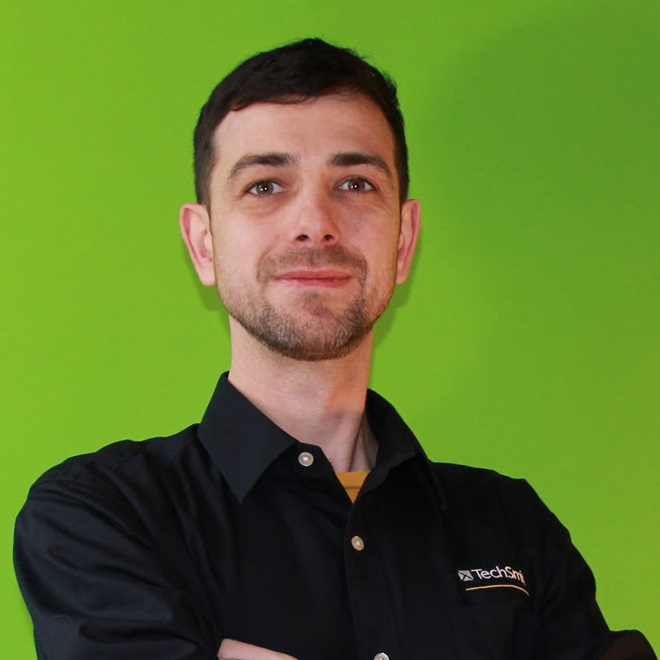
Anton Bollen, TechSmith GmbH
Anton Bollen started his professional career at TechSmith in 2003 where he supported the internal documentation processes before shifting towards the creation of multilingual training content. A few years and job roles later, Anton still works for TechSmith and is currently in the role of the European Customer Success Manager. He is passionate about public speaking, delighting users, and solving Rubik’s Cubes.
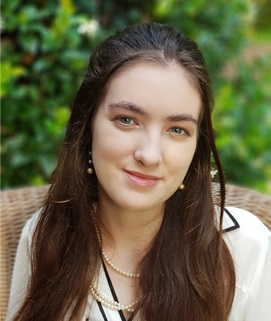
Madison D. Brown, Louisiana Tech University
Madison Brown is a forward-thinking Technical Editor in the field of Knowledge Management (KM). She holds several KM certifications including Knowledge Centered Services (KCS v6), ITIL v4, Help Desk Institute Analyst (HDI), and proficiencies in process management. She has obtained a Bachelor of Art in English and is pursuing a Master of Arts at Louisiana Tech University.
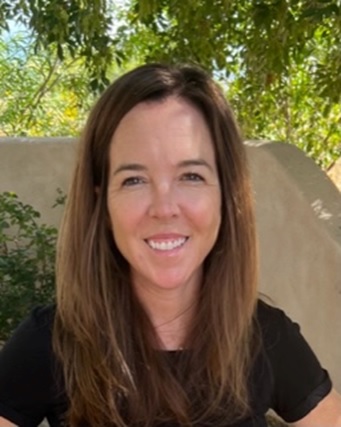
Tiffany Bourelle, University of New Mexico
Tiffany Bourelle is an Associate Professor in the Department of English Language and Literature at the University of New Mexico (UNM). She also serves as an administrator of an online writing program at UNM. She worked as a technical writer for over 15 years and has published in such journals as The Journal of Technical Writing and Communication, Technical Communication Quarterly, and WPA: Writing Program Administration.
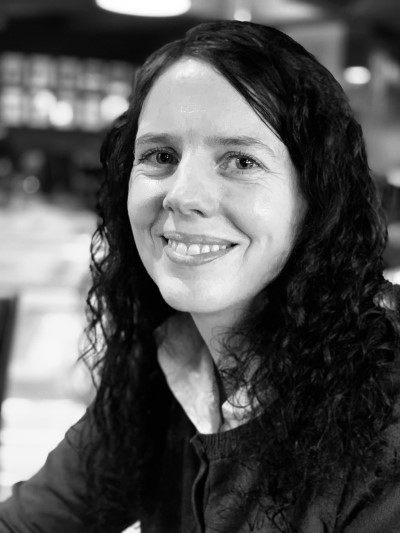
Yvonne Cleary, University of Limerick
Yvonne Cleary is Head of the School of English, Irish, and Communication at the University of Limerick. She is a member of the tekom Europe Advisory Board for Professional Development and Training, and is leading the International University Network in Technical Communication for tekom Europe. Her research interests include professional issues and pedagogy in technical communication, global virtual teams, and international technical communication.

Bård Ketil Engen, Oslo Metropolitan University
Bård Ketil Engen is a Professor in the Sociology of Education at Oslo Metropolitan University, Faculty of Education and International Studies, Department of Digital Competence. His main research interests include several areas of technology-enhanced learning, such as cyber ethics, digital citizenship, education policy, curriculum, digital literacy, technology adaptation, and virtual exchange. His research activities on these topics are related to both primary schools and higher education.
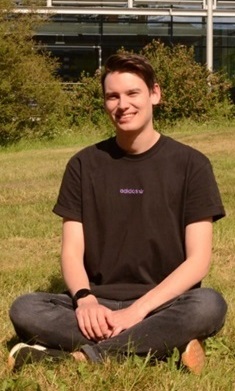
Lennard Friedrichs, Flensburg University of Applied Sciences
Lennard Friedrichs, scientific assistant (since 2022) and student in the Master programme of International Technical Communication Studies at Flensburg University of Applied Sciences.
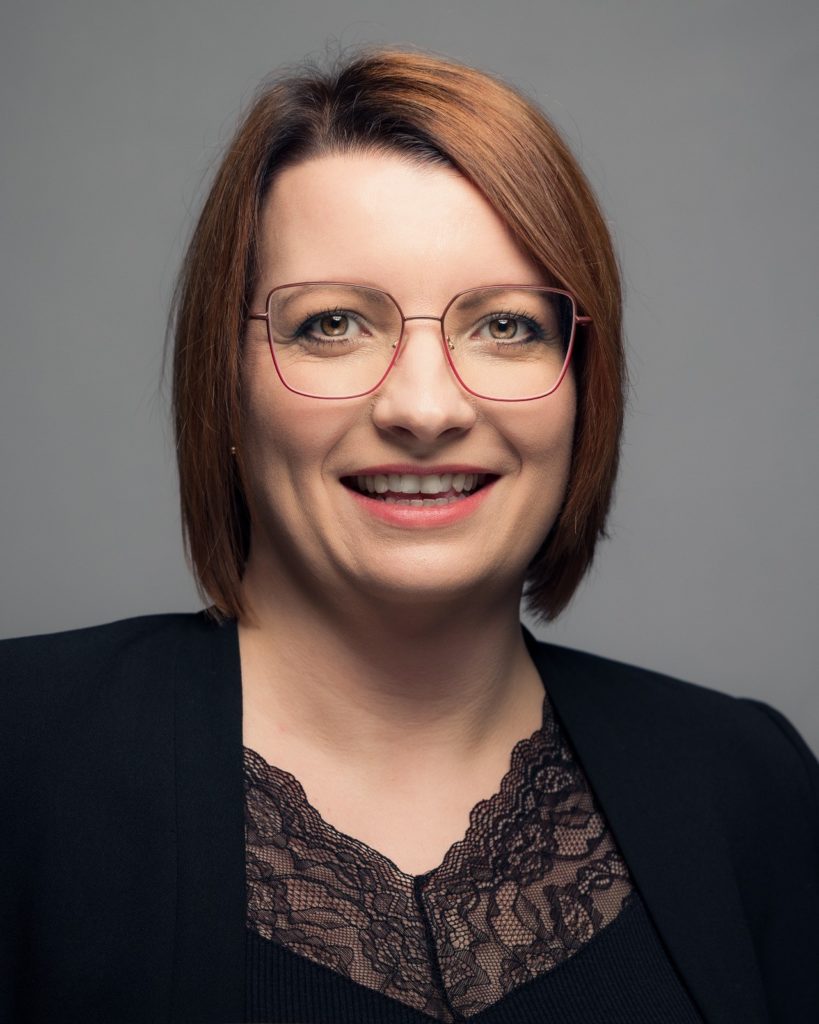
Birgit Fuhrmann, ZHAW Zurich University of Applied Sciences
Birgit Fuhrmann is a Technical Communication expert with a background in both industry and research, currently leading the lecturer group Technical Communication at ZHAW Applied Linguistics in Winterthur. She dedicates herself to research and teaching activities in Technical Communication and Usability, applying her diverse experience from practice and science for creating benefits and advancing the digital transformation.
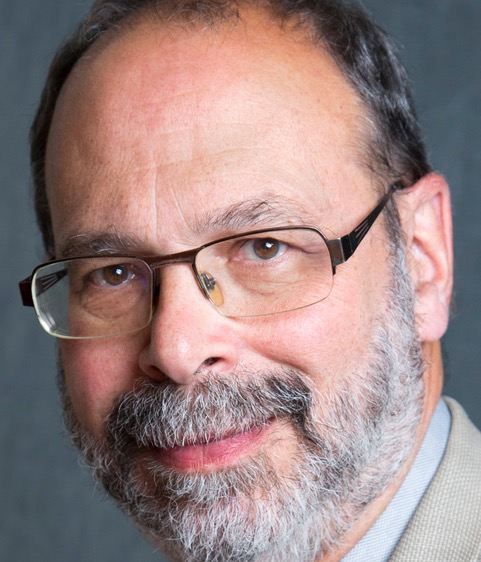
Ray Gallon, University of Strasbourg and The Transformation Society
Ray Gallon is president and co-founder of the Transformation Society, which develops strategies for humanist digital transformation and organizational learning, and researches the theory and practice of smart pedagogies. He has over 50 years’ experience as a communicator, most recently in the technical content industries. Earlier, Ray was an award-winning radio producer and journalist. Ray is also a frequent speaker and keynoter on communications topics at conferences and seminars around the world, has contributed to numerous books, journals, and magazines, and is the editor of The Language of Technical Communication (XML Press).
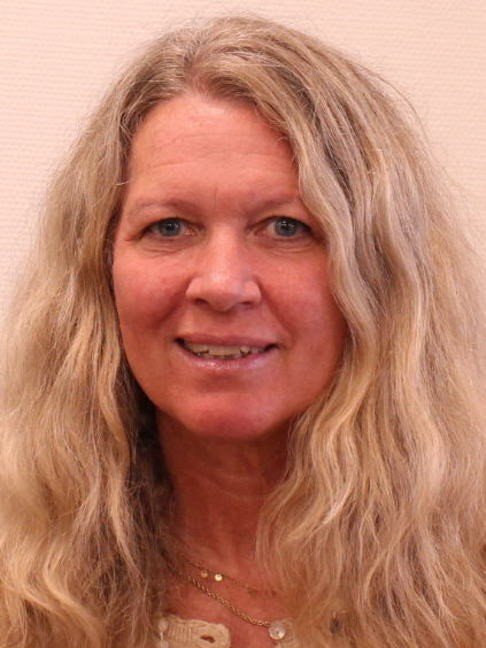
Tonje Hilde Giæver, Oslo Metropolitan University
Tonje Hilde Giæver is a Professor in Digital Literacy at Oslo Metropolitan University, Faculty of Education and International Studies, Department of Digital Competence. Her main research interests include several areas of technology-enhanced learning, such as cyber ethics, digital citizenship, the digital literacy of teachers and pupils, digitalization, technology adaptation, and virtual exchange. Her research activities on these topics are related to both primary schools and higher education.
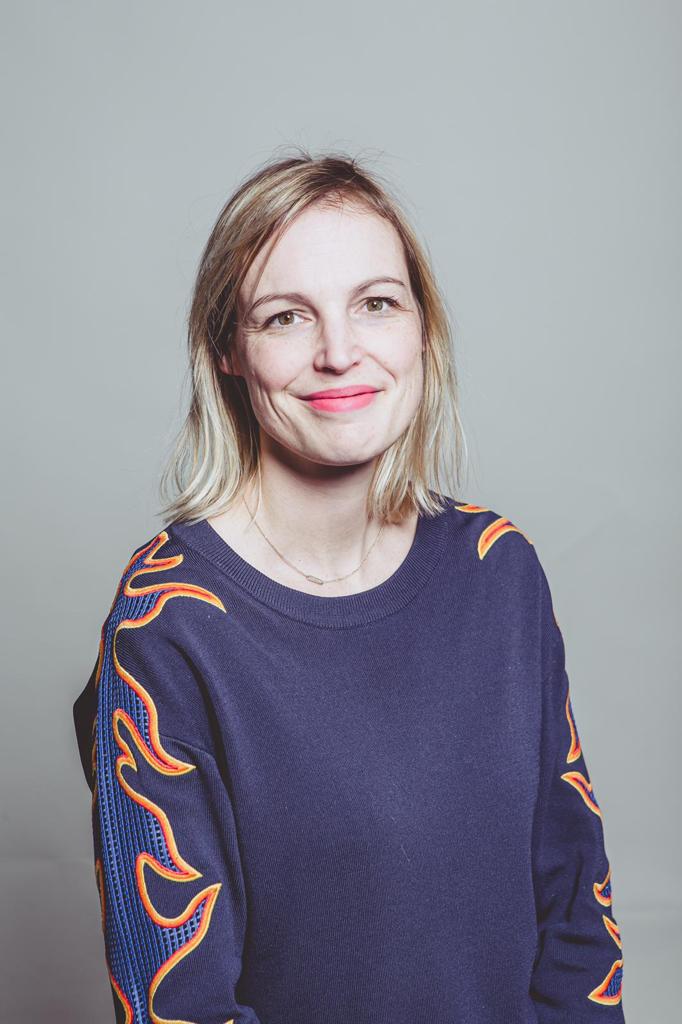
Pauline Girardey, Freelancer
Pauline is a UX & ResearchOps researcher. Her expertise is in helping teams accelerate their UX research to maximize impact.
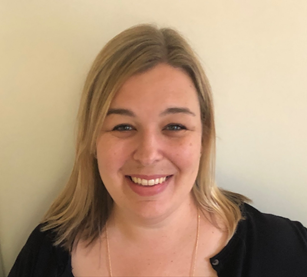
Carolyn Gubala, University of California Davis and University of Strasbourg
Carolyn brings 15 years of industry publishing experience to her teaching and research. As a full-time faculty member at the University of California Davis, Carolyn serves as the Director of Online Writing Instruction and teaches technical communication and editing. In the CAWEB Master’s program at the University of Strasbourg, she teaches the Plain Language course. Carolyn has a background in course and program development and emphasizes ethical course design when creating applied technical communication courses. She earned her MA at San Diego State University and PhD in Rhetoric (Technical Communication) from the University of South Florida.
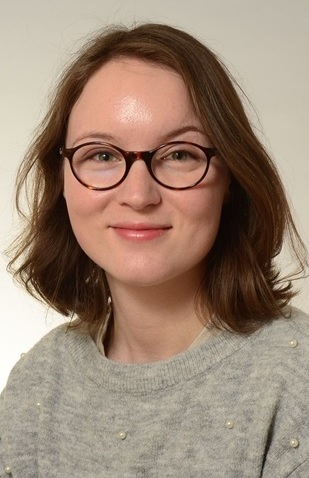
Louisa Guhl, Flensburg University of Applied Sciences
Louisa Guhl, scientific assistant (since 2022) and student in the Master programme of International Technical Communication Studies at Flensburg University of Applied Sciences.
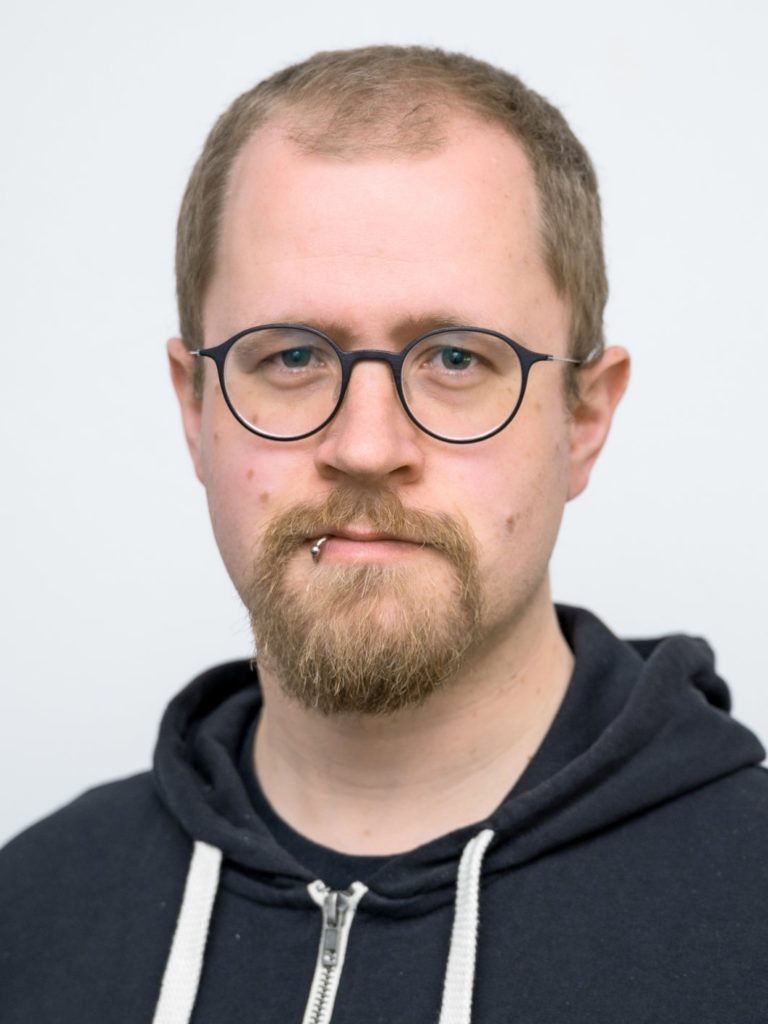
Christian Heckel, Merseburg University of Applied Sciences and University of Halle
Christian Heckel works as lecturer at Merseburg University of Applied Sciences and as research assistant at the University of Halle (Institute of Medical Sociology). His research focuses on learning related emotions, test anxiety, return to work after cancer and social inequalities.
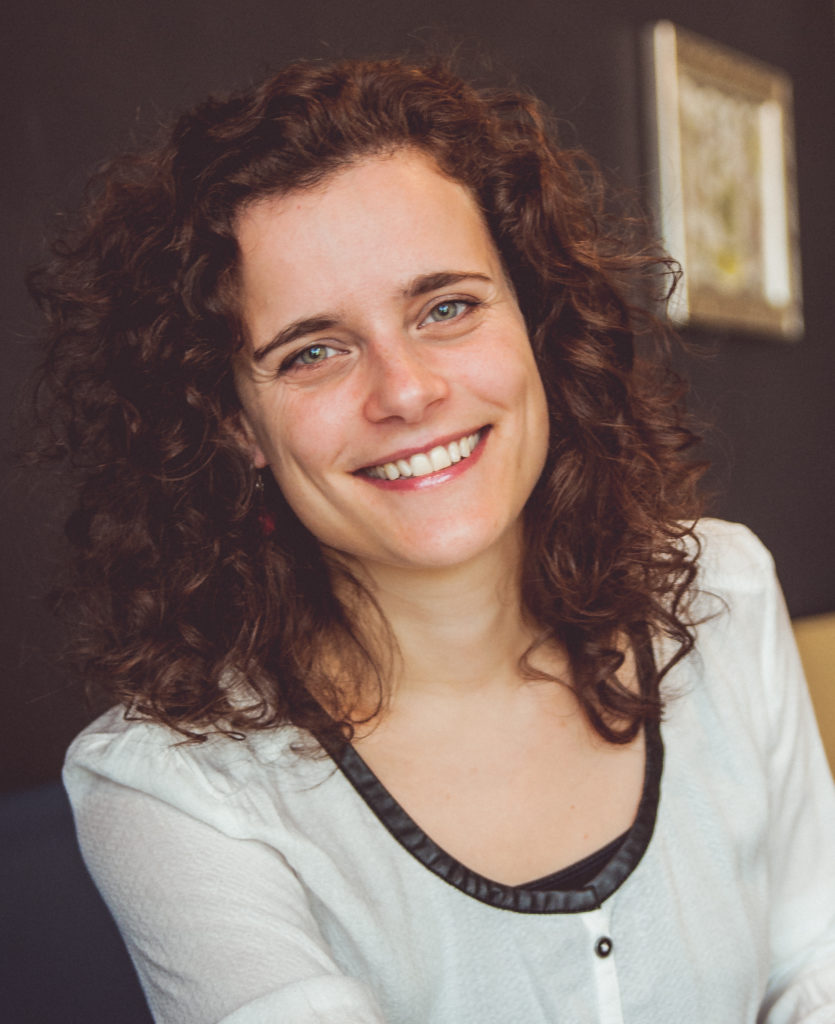
Birgit Horn, InVision AG
Driven by a strong interest in making deeply complex technology accessible, Birgit studied technical writing. After more than 20 years of professional experience and software documentation, Birgit transitioned into the field of UX writing. In this role, she has scaled two teams in B2B software companies and co-developed standards for the new field e.g. for the German UPA. She is interested in improving the collaboration of content writing and localization.
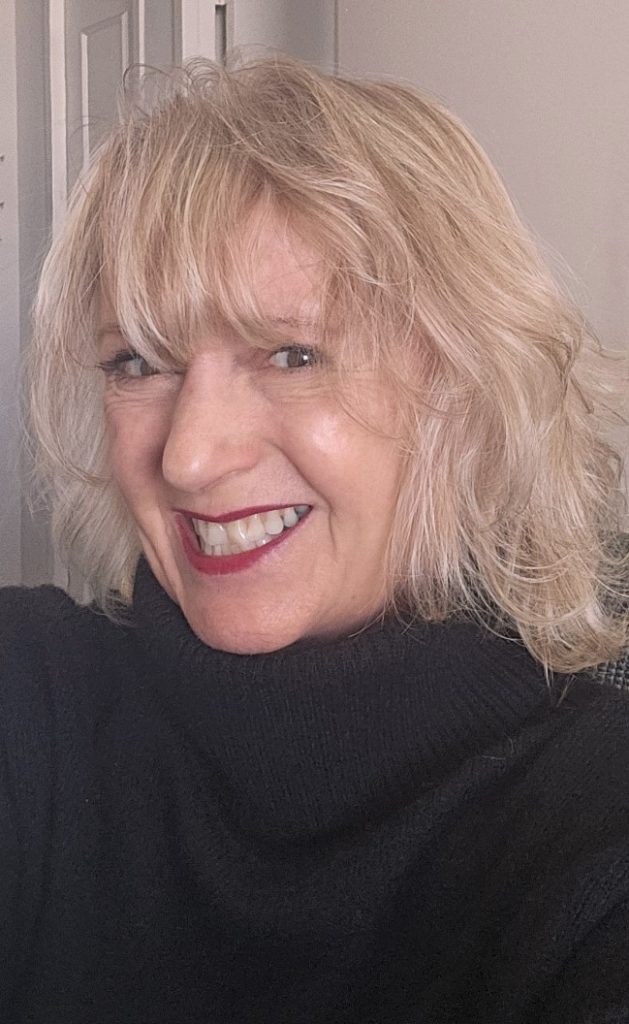
Pamela Kostur, Centennial College
Pamela Kostur is the Program Coordinator of the post-graduate Interactive Media Management Program at Centennial College in Toronto, Canada. Pamela’s classes focus on strategy and design thinking, encouraging students to consider “users” as human beings on the other side of the screen. The right to understand is at the heart of Pamela’s work and teachings. Sharing that belief is her favourite part of her work.
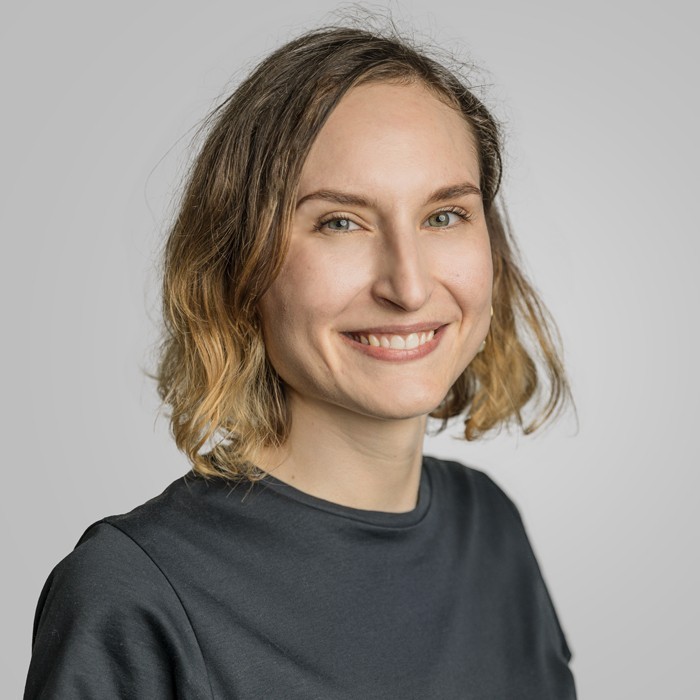
Katarina Lechner, Legartis
Katarina has over 10 years of experience in bringing successful products to life and leading product and BI teams in both B2B and B2C environments. With a MSc degree in Data Science and AI and a background in finance, international relations and consulting, her mission is to turn complex data insights into accessible and actionable information and build impactful products that empower people through data.
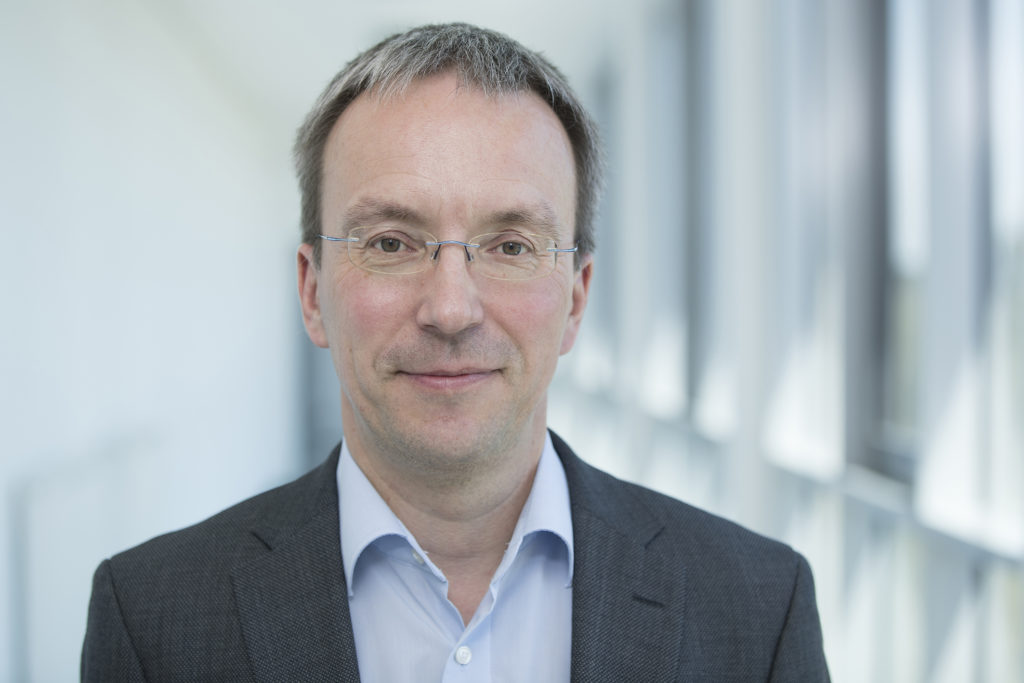
Michael Meng, Merseburg University of Applied Sciences
Michael Meng is a professor of Applied Linguistics at Merseburg University of Applied Sciences where he teaches text production, technical communication, and usability. Before joining the university faculty, he worked as a technical writer and localization specialist for an international software company. His research focuses on using empirical methods to study the effects of linguistic and design variables on the usability of information products in technical communication.
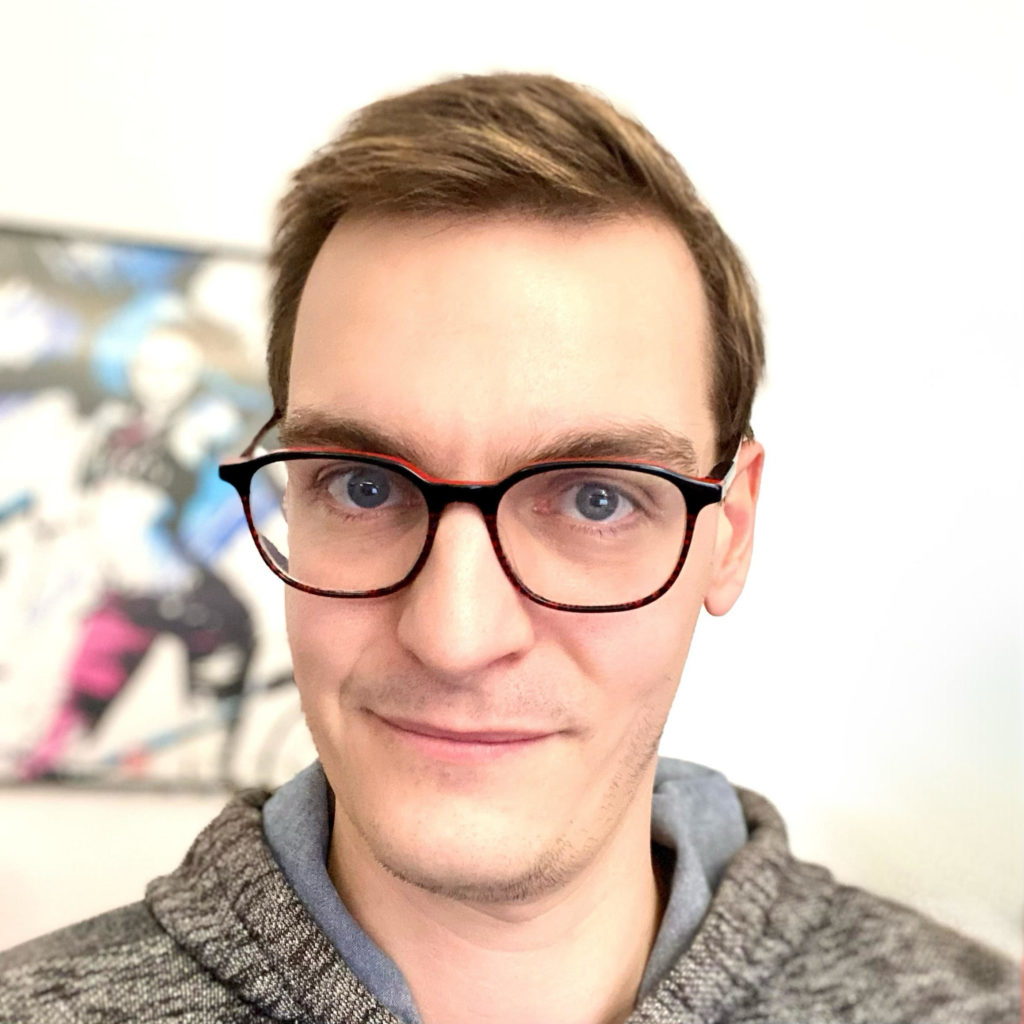
Antoine Pezé, Synopsis and Les Gobelins in UX research
Antoine Pezé is an entrepreneur specialized in user research. He operates an AI-driven user research tool designed to uncover insights from numerous customer feedback. He also gives courses to Les Gobelins about user research.
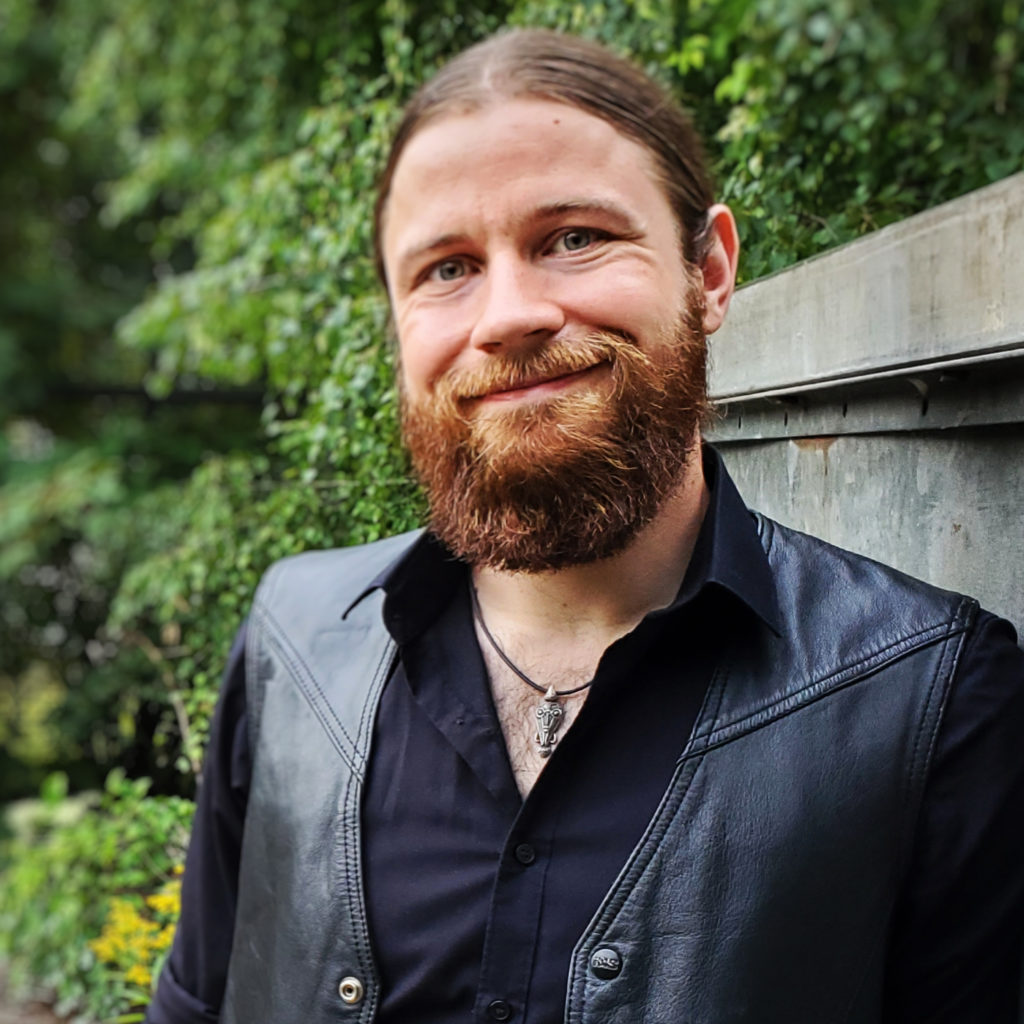
Maximilian Rosin, Freelance technical writer and engineer
Technical communicator by profession, mechanical engineer by training, IT guy by accident, anthropologist by necessity. Paradoxically both highly enthusiastic and deeply skeptical about the technological developments of the last 250 years. Likes greasy machines, but dislikes shiny gadgets. Interested in low-tech and appropriate technology. Long-distance runner and guitarist. Enjoys cooking.
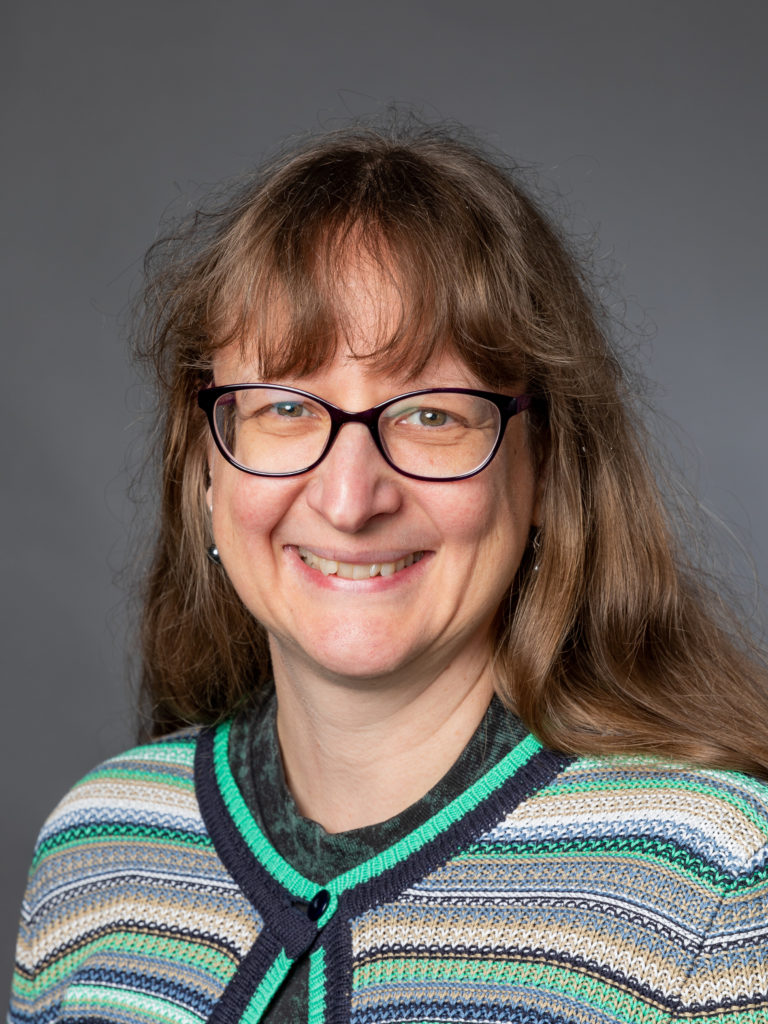
Leena Salmi, University of Turku
Leena Salmi is a Senior Lecturer in French and Translation Studies at the University of Turku. Her PhD thesis (2004) dealt with the usability of computer user documentation and her current research interests relate to translator training, translation technology and translation quality assessment. Her teaching focuses on practical translation courses (French-Finnish), translation technology, and translation company simulation, as well as supervision of MA and PhD thesis.
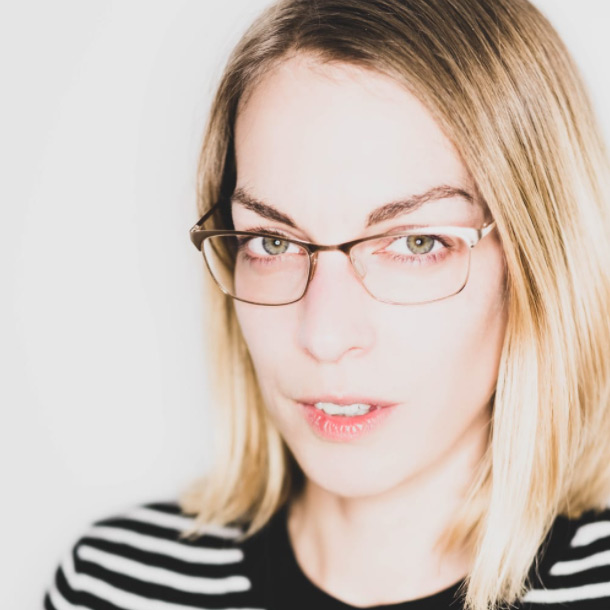
Leonie Saremba, Neptune Software
Leonie Saremba brings a decade of expertise in User Assistance to the forefront as an experienced speaker. Holding a B.A. in Technical Documentation from Hochschule Karlsruhe, her presentations seamlessly blend depth with practical insights. Offstage, you’ll find Leonie in Hamburg enjoying its vibrant music scene. And if this bio sounds impressively articulate, it’s because she cleverly outsourced the task to AI.
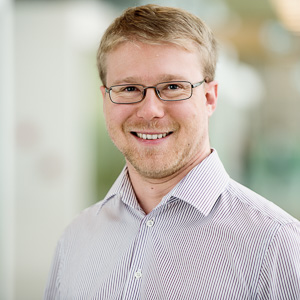
Martin Schuler, ZHAW Zurich University of Applied Sciences
Martin Schuler is a research associate and head of the usability lab at the ZHAW Zurich University of Applied Sciences. He holds a masters degree in human computer interaction design. His research interests include usability, technical documentation, augmented reality, human-computer interaction, eye tracking, and accessibility. He teaches localization and usability testing at BA- and MA-level and is involved in various research and service projects with students, other researchers and third parties.
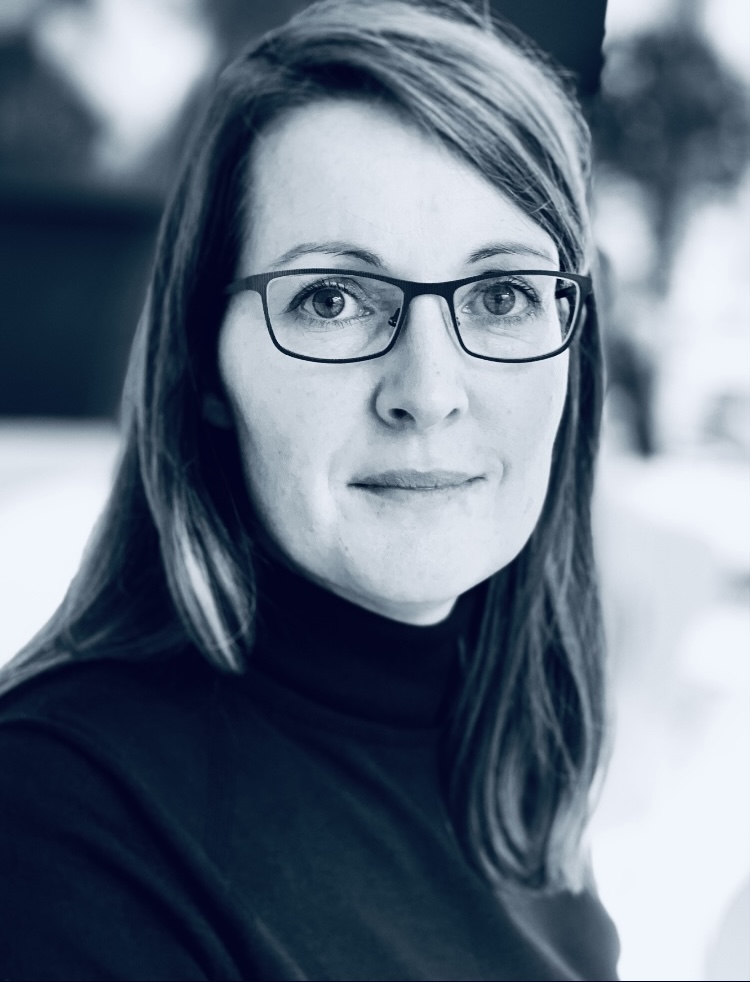
Darina Slattery, University of Limerick
Darina Slattery is Associate Professor in E-Learning and Instructional Design and the Academic Change and Engagement Lead for the University of Limerick (UL) LMS Project. She is the Immediate Past President of the IEEE Professional Communication Society, having previously served as President and Vice President. Her research interests include inclusive pedagogies, professional development for online teachers, online learning, and virtual teams. Previously, she served as Discipline Head of Technical Communication and Instructional Design at UL.
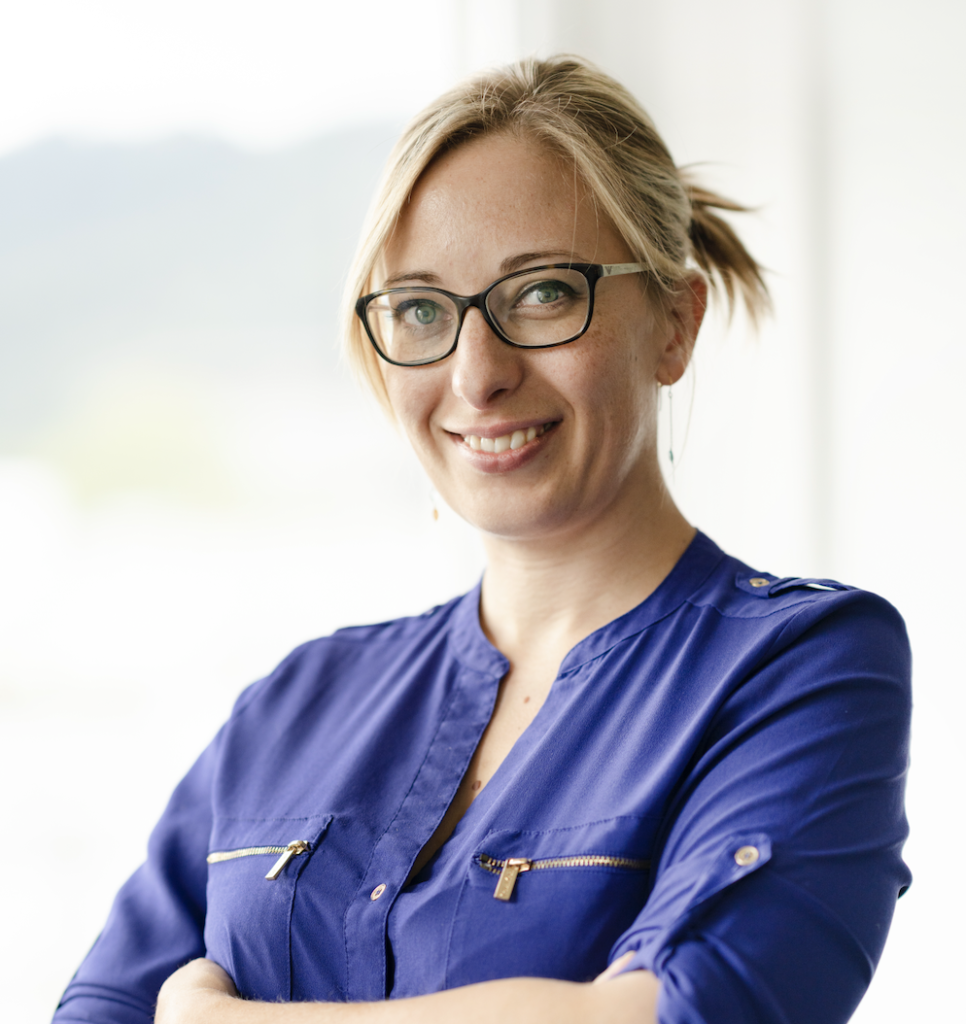
Marie-Aude Sourd-Ramos, Freelance Senior UX/CX Researcher & Mentor and University of Strasbourg
Marie-Aude Sourd-Ramos is a Senior Freelance UX/CX Researcher with a linguistic background, and a growth mindset. French by birth, expatriate by choice, she embraced the German culture and made Switzerland her home sweet home for 19 years, before calling Spanish Catalunya “mi casa.” This long experience allowed her to gain a comprehensive understanding of the DACH region, where she has been active in multiple industries. For the last 7 years, Marie-Aude applied her knowledge to turn data into competitive knowledge for companies in Hospitality, Telecommunication, Security, FinTech, HR, and Tourism.
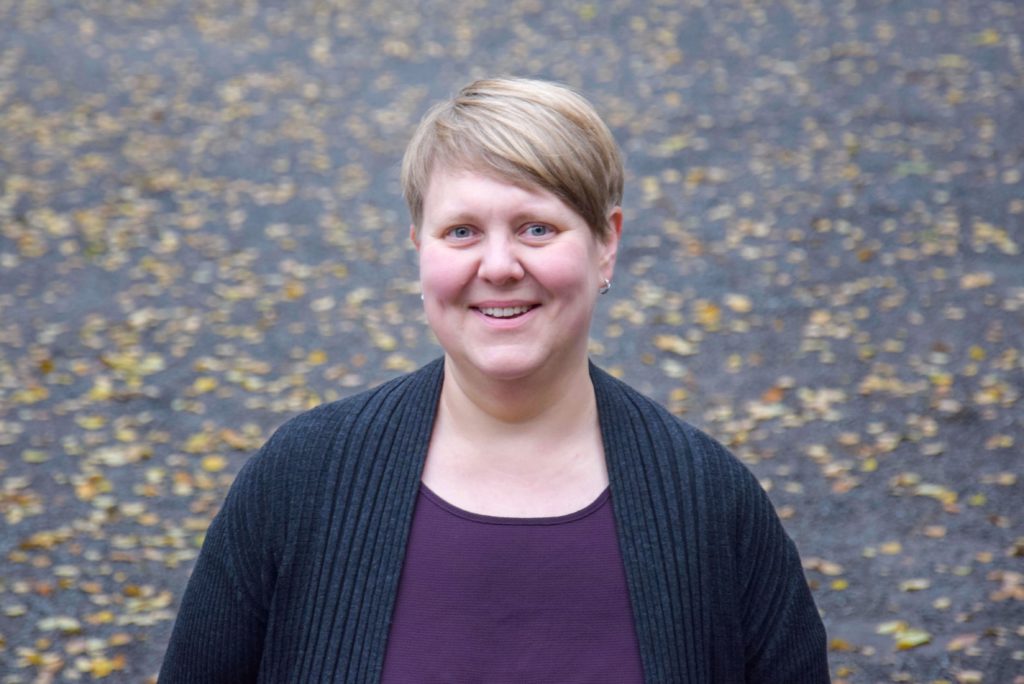
Tiina Tuominen, University of Turku
Tiina Tuominen is an acting Professor of English translation at the University of Turku (Finland). She has previously worked as a developer of subtitling and translation for the Finnish public broadcaster Yle, as a Lecturer at the University of Glasgow, and in various roles at the University of Tampere, Finland. Her research focuses on subtitling, particularly reception, user-centered translation, usability and workplace studies. She has also worked as a translator and subtitler for several years.
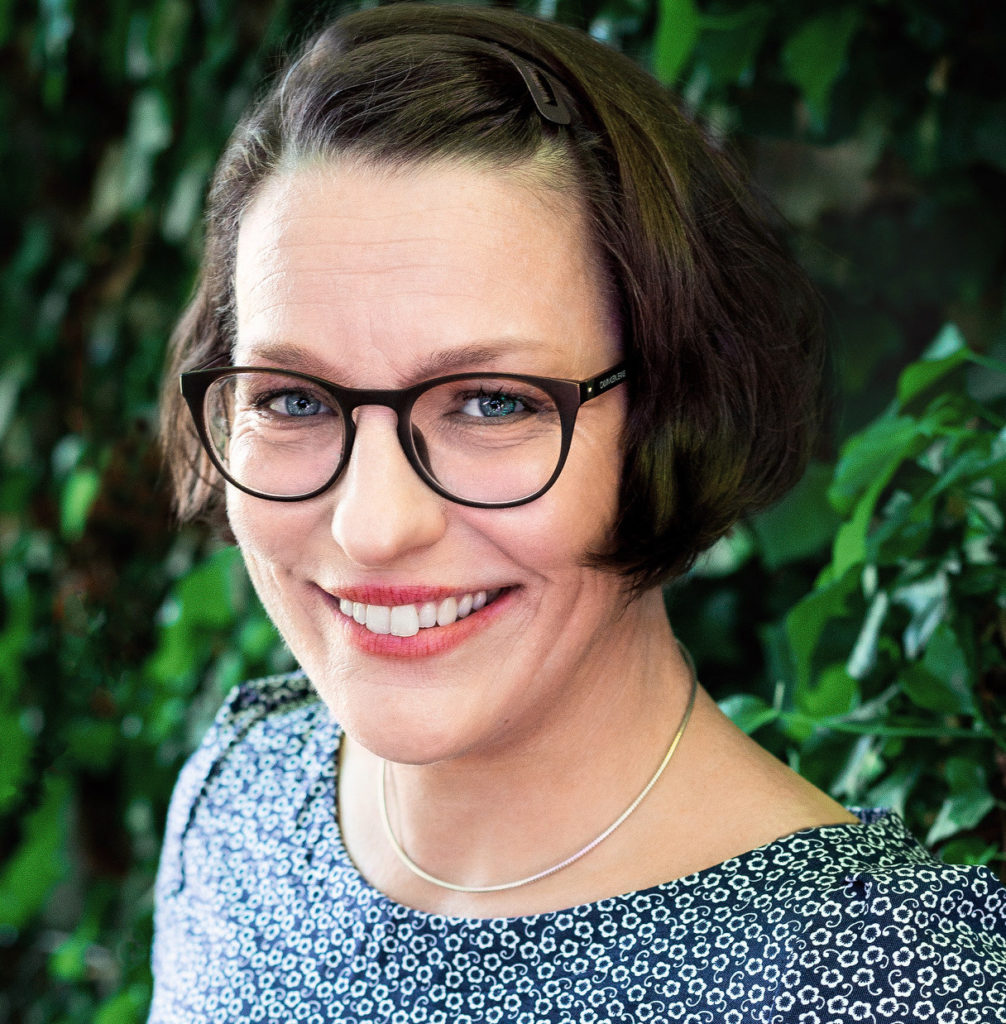
Katharina Urbantat, InVision AG
A philologist by training, Katharina started out teaching English for specific purposes at universities and tertiary education institutions before transitioning into technical communication in B2B software companies. For the past seven years, Katharina has been working in functional and disciplinary leadership roles in information development teams. Her pet topics are enabling smooth processes between UX writing, documentation and localization, rule-based writing and content accessibility.
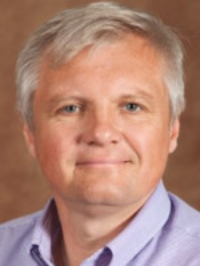
Pavel Zemliansky, Oslo Metropolitan University
Pavel Zemliansky is a professor of English for academic purposes at Oslo Metropolitan University where he teaches courses in academic writing and professional communication at all academic levels. His research is focused on professional writing, particularly in international contexts, and online writing course design and methodology. His publications have appeared in College English, IEEE Transactions on Professional Communication, Nordic Journal of Digital Literacy, and other venues. He is currently co-leading a Norway-US international professional communication education project.
